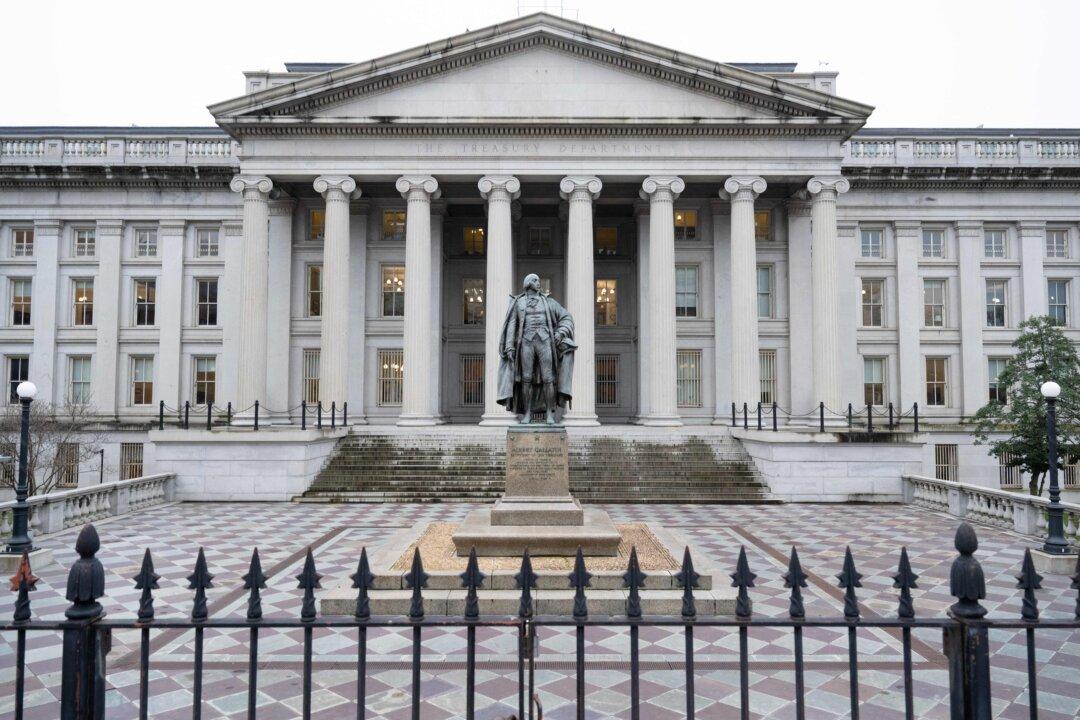Commentary
Every major nation-state faces an existential threat in terms of economic viability, partly because the global strategic climate of distrust no longer favors high debt levels.

Every major nation-state faces an existential threat in terms of economic viability, partly because the global strategic climate of distrust no longer favors high debt levels.